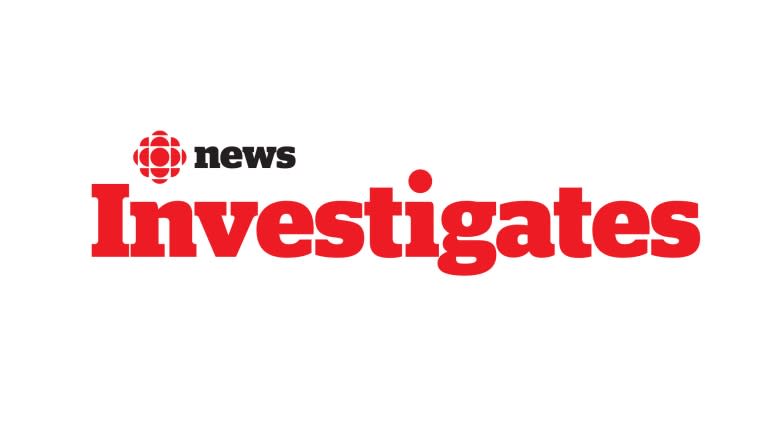No harm to public safety in releasing most of sex exploitation report, information commissioner rules
Two years after politicians and the police castigated CBC News for putting people in danger by reporting on a government-commissioned report into sexual exploitation in Newfoundland and Labrador, the province's information watchdog has rejected those concerns, saying most of the document can be released to the public.
"I am recommending that the majority of the report be released," information and privacy commissioner Ed Ring wrote in a recent report.
In 2013, the then-minister responsible for the Women's Policy Office, Charlene Johnson, called CBC's reporting on a leaked copy of the report "completely irresponsible" and said that even acknowledging its existence caused potential harm to public safety.
"The risk is already elevated because CBC has put this out there," Johnson said. "We don't want to elevate it any further."
The then-deputy chief of the Royal Newfoundland Constabulary, Bill Janes, joined Johnson at that media availability two years ago to condemn the CBC.
"There's no doubt in my mind that the contents of the report put vulnerable people who are involved in the sex trade at additional risk," said Janes, who is now chief of the RNC.
"I will say that every question I answer puts more information into the public domain, which provides more information to those who could potentially do harm to others."
Info can be released, watchdog says
But the information and privacy commissioner disagrees.
Ring recently concluded that most of the 2011 report — titled "It's Nobody's Mandate and Everyone's Responsibility: Sexual Exploitation and the Sex Trade in Newfoundland and Labrador" — can be made public.
"The majority of the information contained in the report has come from various organizations and representatives and the Women's Policy Office has not provided detailed and convincing evidence that all this information meets the harms test," Ring wrote in his report.
"The Women's Policy Office has not established a reasonable expectation that harm would result from the disclosure of the entire report."
Ring's conclusion followed a complaint by the Opposition Liberals. They asked for the study through access to information, but were denied.
The government now has until Friday to decide whether it will follow the commissioner's recommendations.
Under new access to information laws, the onus is on the government to go to court to block the release of information the commissioner says should be made public.




